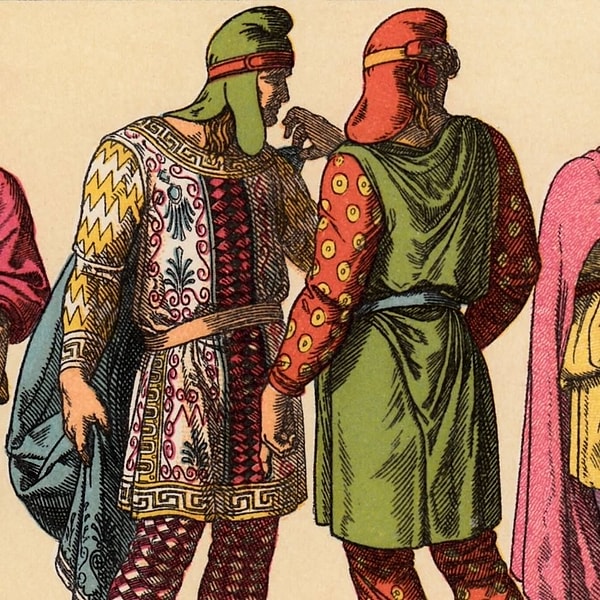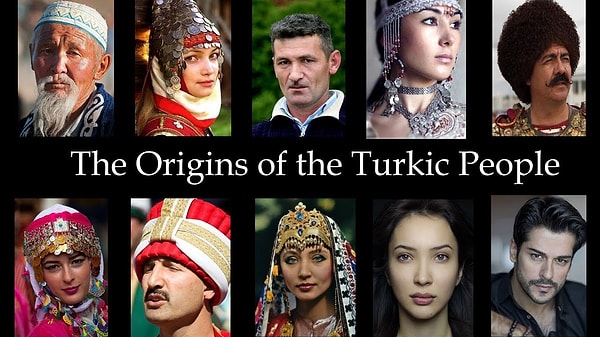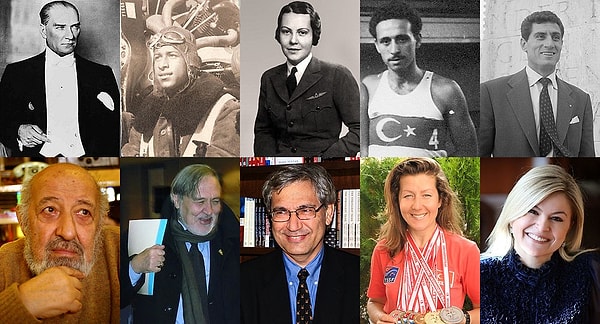Are Turkish People White?
The concept of race and ethnicity is a complex and multifaceted one, shaped by historical, social, and cultural factors. When discussing the racial identity of different populations, it is important to approach the topic with sensitivity, nuance, and an understanding that race is a social construct rather than a biological fact. In this blog post, we will delve into the question of whether Turkish people can be categorized as white. Turkey, situated at the crossroads of Europe and Asia, has a rich and diverse history that has influenced its population's identity. Let us embark on a journey to explore the intricate tapestry that is the Turkish identity and examine the factors that contribute to the classification of Turkish people as whit
I. Historical Perspective:

To understand the racial identity of Turkish people, we must delve into their historical background. Turkey's history spans several millennia, encompassing a variety of cultural influences. The region that is now Turkey has been home to ancient civilizations such as the Hittites, Phrygians, Greeks, and Romans. These diverse cultural interactions have left their mark on the genetic and cultural makeup of the Turkish population.
II. Geographic Location:

Turkey's geographic location straddles both Europe and Asia, making it a unique bridge between two continents. This location has played a significant role in shaping the country's demographic diversity. While the western part of Turkey is considered to be geographically situated in Europe, the eastern part lies within Asia. As a result, the population displays a wide range of physical features, including varying skin tones, hair colors, and facial features.
III. Genetic Diversity:

Genetic studies have shown that the Turkish population is genetically diverse due to historical migration and conquests. The Turkic migrations, starting from Central Asia and spanning over centuries, brought in a mix of different genetic backgrounds. Additionally, historical interactions with neighboring populations, such as Greeks, Armenians, Arabs, and Kurds, have contributed to the genetic diversity observed among Turkish people.
IV. Cultural Influences:

Cultural influences play a significant role in shaping racial identity. Turkish culture is deeply rooted in both its Turkic and Anatolian heritage. While the term 'white' typically refers to individuals of European descent, it is essential to recognize that Turkish culture incorporates elements from both European and Asian traditions. This unique blend is reflected in various aspects of Turkish culture, including language, cuisine, music, and art.
V. Perception and Self-Identification:

The perception and self-identification of racial identity can vary among individuals and communities. Turkish people, like many other populations, may have diverse views on their racial classification. Some Turkish individuals may identify as white, emphasizing their European cultural influences and physical features. Others may identify as Middle Eastern, Asian, or a combination thereof, depending on their family history, personal experiences, and self-perception.
VI. Social and Historical Context:

Understanding the social and historical context is crucial when discussing racial identity. Throughout history, the categorization of races has often been influenced by political and social factors. The notion of 'whiteness' has evolved over time and can differ based on cultural, historical, and geopolitical contexts. It is essential to approach the classification of Turkish people as white with an understanding of these dynamics.
The question of whether Turkish people are white is a complex one, influenced by a myriad of factors

Turkey's historical background, geographic location, genetic diversity, cultural influences, and self-perception all contribute to the intricate tapestry that is the Turkish identity. It is crucial to recognize that racial classifications are subjective and can vary across different societies and individuals. Ultimately, it is more productive to focus on celebrating the rich diversity and cultural heritage that Turkish people bring to the global mosaic rather than attempting to narrowly define their racial identity. Embracing inclusivity and understanding the multifaceted nature of identity allows us to appreciate and respect the rich tapestry of human diversity.
What do you think? Tell us in the comments!
Keşfet ile ziyaret ettiğin tüm kategorileri tek akışta gör!


Send Comment